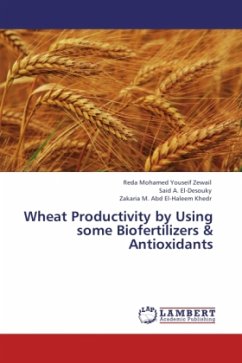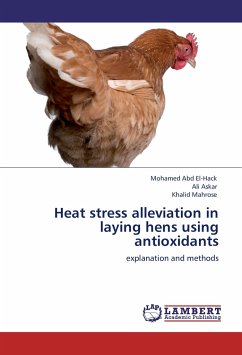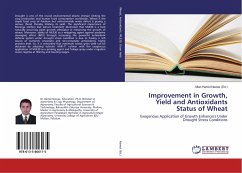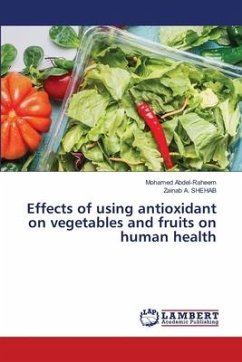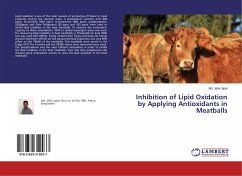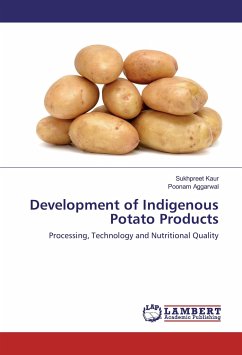Wheat plant (Triticum aestivum. L) is the most important plant in family poaceae, from cereal crops because it has an international nutritional human feeding. The wheat plants considered one of the main cereal crops not only in Egypt but also all over the world. Biofertilizers one of the important management that assist to increase productivity and the reduction of using chemical fertilizers and alteration by biofertilizer treatments. Nitrogen, phosphorus and potassium are a major essential macronutrients for plant growth and development and soluble p and k fertilizers are commonly applied to replace removed minerals. When phosphate is added into soils as a fertilizer in relatively soluble and plant available forms, it is easily converted into insoluble complexes with calcium carbonate, aluminum silicate consequently, to achieve optimum crop yields either by soluble phosphate fertilizers or biofertilizers have to be applied at high rates which cause unmanageable excess of phosphate application and environmental and economic problems.
Bitte wählen Sie Ihr Anliegen aus.
Rechnungen
Retourenschein anfordern
Bestellstatus
Storno

